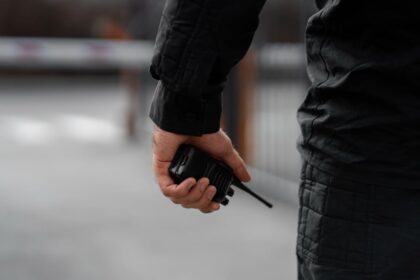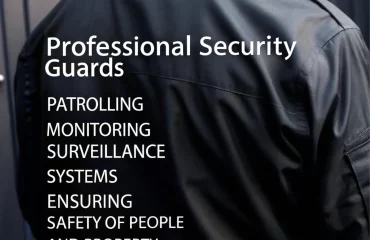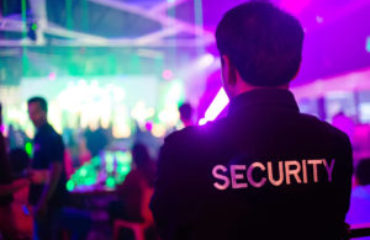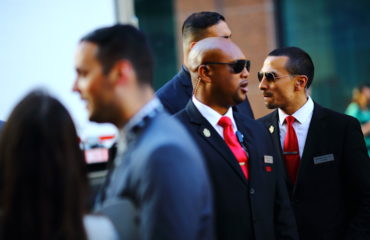
Ensure a safe and successful event with these 5 expert tips to minimize risks, from venue security to crowd control and communication strategies.
Event security entails far more than just dotting the venue with security personnel. The process is quite complex and requires extensive coordination and communication.
With the proper security practices, you will ensure the safety of your guests and staff — plus you will prevent damage to the venue and related property.
Day-of security
We cannot stress enough the importance of security at events. Security keeps you covered in case of :
- An injury to a guest
- Damage to property
- Crowd control
- Troublesome guests
- Unexpected situations
That is why you must plan your security strategy during the planning process. The types of security you need will depend on the size, scope, location, and type of event you are planning.
- Know the venue inside and out
You should also know how porous the venue is. “Porous” refers to any way someone could get inside without using actual entry points. This could be a back door for staff or a window that can be opened from the outside.
Identify all venue entry points and make sure all personnel are aware of them.
If the venue is outdoors, establish boundaries where the event perimeter begins and ends. Temporary fencing and barricades can help.
- Gauge attendee risk
Are there any attendees or guests that may pose a risk? You can only do a background check for some ticket buyers, of course. However, you should identify potential risks.
For example, if a guest speaker represents a company with a controversial history, that may increase the risk of protests or attendees who want to cause a scene.
Be suspicious of guests who purchase event tickets in bulk. This may be an event protestor buying tickets for their fellow disruptors.
- Control the crowd
The larger the crowd, the more likely it is that something can go wrong. Staff needs to be comfortable with managing large groups and exerting authority when needed.
The security team may need to perform the following with respect to crowd management:
- Ask guests to move away if they are blocking the exit.
- Monitor the registration line to keep it organized and prevent people from cutting. (Using cones, yellow tape, or stanchions is a great help here.)
- Ensure guests stay within staff-only areas or areas reserved for VIPs.
It is also vital that you ensure that the crowd in the venue never grows beyond the capacity limit. Remember to count all staff and security personnel when keeping track of total numbers. Going over-capacity can result in fines from the venue administrator.
- Assess the potential for large-scale attacks
Unfortunately, we have to mention this at all, but this is the reality. Big crowds are an easy and soft target, so an extra number of security personnel is recommended for larger events; ask us for assistance at MyService@BestWORLDSecurity.ca.
All guests should also have their bags checked. A professional security team is trained to look for weapons or items that can be improvised as weapons.
Publicize ahead of your event that all personal bags will be inspected to ensure guest safety. You should also include a list of contraband items that will not be allowed in the venue. This includes all weapons and certain chemical materials.
Aside from bag checks and body scanners, personnel should also be on the lookout for suspicious behavior. Examples of abnormal behavior that should alert staff include:
- Constantly staring at the staff
- Lack of engagement or feigned interest in event activities
- Surveilling the venue layout
Monitoring for suspicious activity should also take place in the immediate vicinity of the venue exterior. Since bags will not be checked until entry, perpetrators may find opportunities right outside the venue where attendees gather to register.
- Keep communication tight
Your staff needs to stay in constant communication. Be sure each staff member has a walkie-talkie.
If you hire a professional security detail, be sure they communicate back and forth with your staff. Company staff and third-party security details tend not to be communicated. The former should report all suspicious activity to the security team and refrain from confrontations. Visit the office in Vancouver


